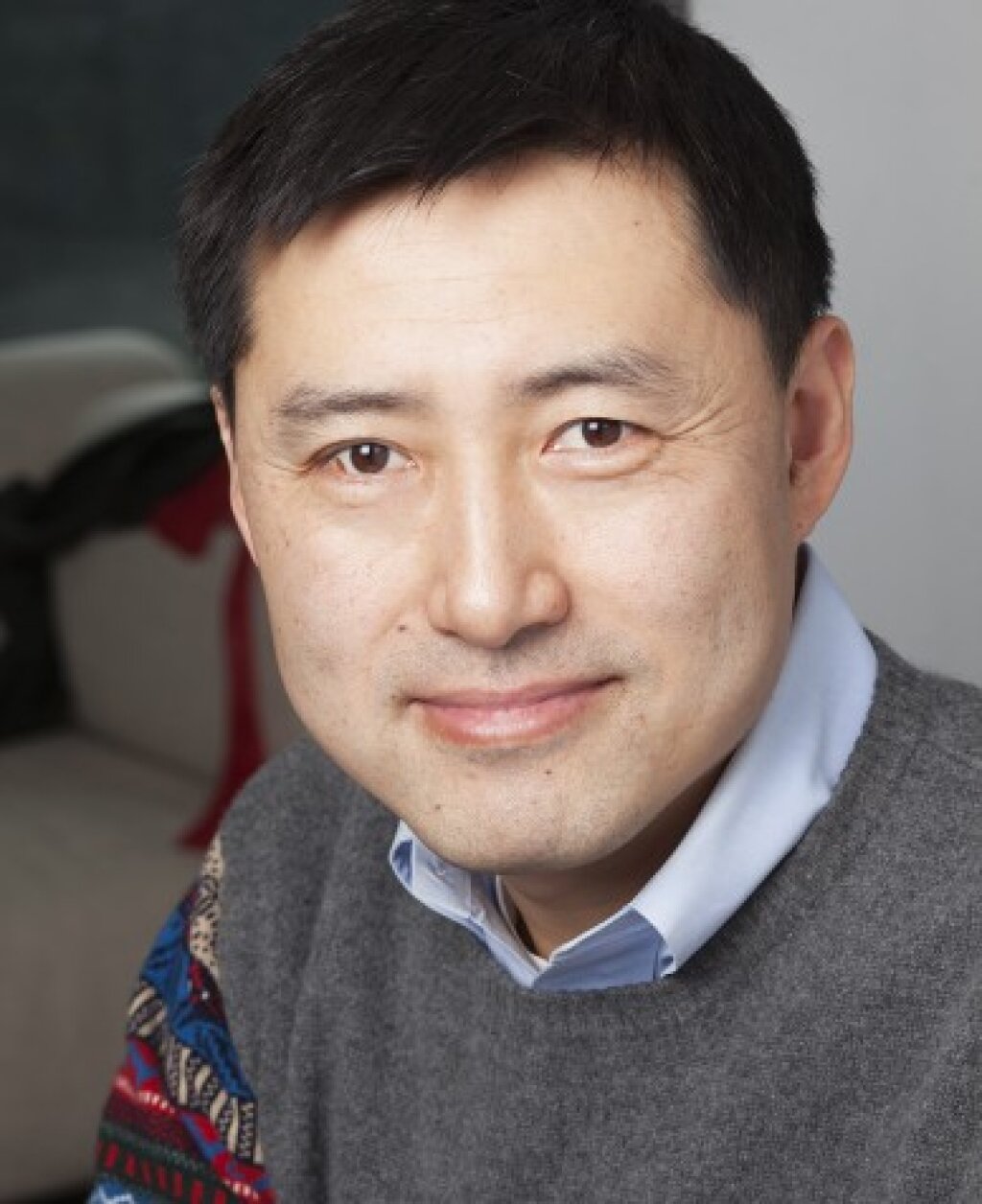How did Russian-Soviet literature and culture shape Chinese modernity and especially dominate twentieth-century China’s cosmopolitan imaginations? Why does the so-called “Russian soul” – the Russian spirit or even the Russian ideology – continue to be influential in the contemporary Chinese consciousness in an age of China’s global rise (and Putin’s war in Ukraine)? Addressing such questions, Dr Wang’s talk will fall into two parts. The first half will be a general survey about the presence– or the omnipresence – of Russian-Soviet influences in China’s cultural, intellectual, and spiritual transformation throughout the short revolutionary century and the following postsocialist marketization. Taking a reverse direction, the second part will be a case study of Chinese revolutionary intellectuals’ travel writings about the USSR. Situating a series of texts from the 1930s to the 50s in an international genre and genealogy of Soviet travelogues, this talk will explore the Chinese authors’ encounters with the Soviet Human (Homo Sovieticus or Sulian ren) in a foreign communist land, and try to unearth in such textual instances another utopian possibility of travel and solidarity in the twentieth century – a century that was was a Soviet century, China’s revolutionary century, and a short century of radical cultural politics. Can we use that kind of internationalist encounters to critique our (post)contemporary global imaginaries?
Watch the event recording on YouTube here.
Pu Wang is associate professor of Chinese literature and chair of the Comparative Literature Program at Brandeis University. He received his PhD in Comparative Literature from NYU in 2012. He is author of The Translatability of Revolution: Guo Moruo and Twentieth-Century Chinese Culture (Harvard University Asia Center, 2018). He is the translator of the Chinese edition of Walter Benjamin: A Critical Life. Currently he is conducting research on Western Marxism, the Global 60s, and twentieth-century Chinese travel writings. Pu Wang is also an awarded poet writing in Chinese.

